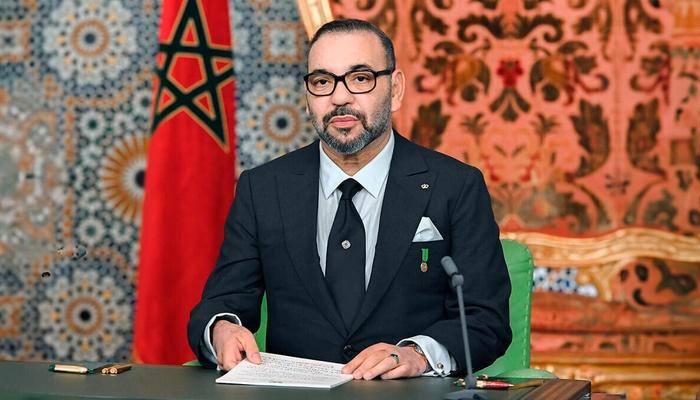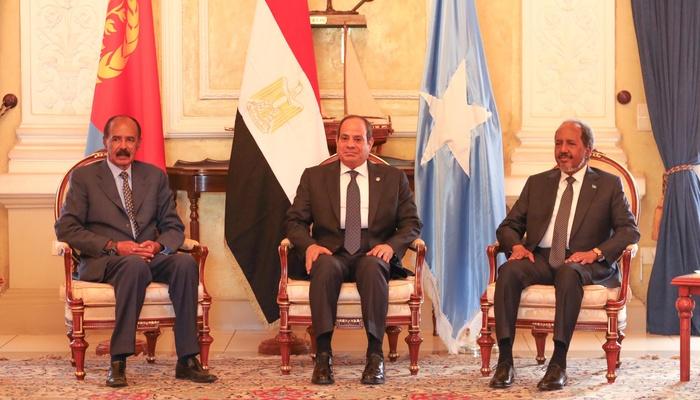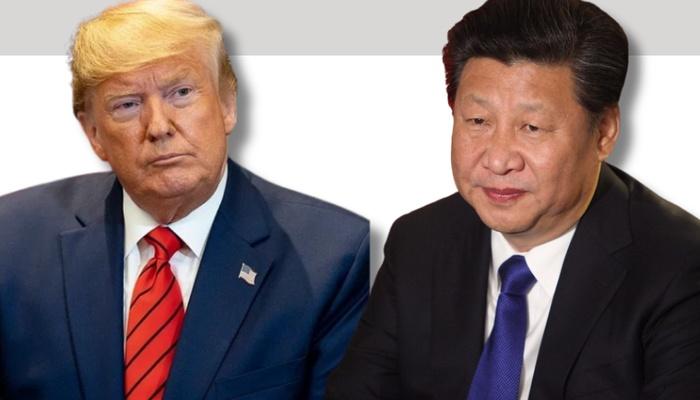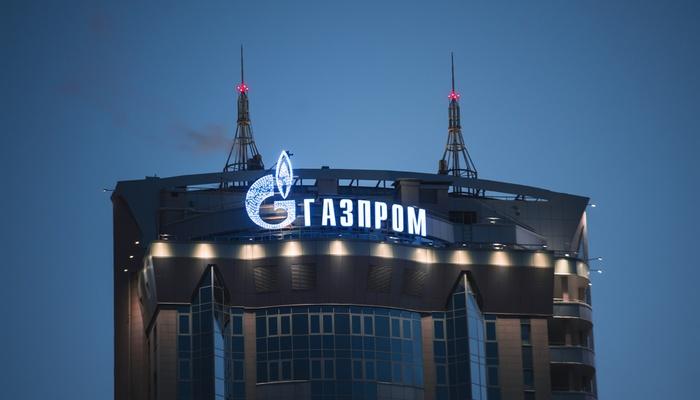The China-Qatar gas deal
On 21 November, China signed a 27-year agreement with Qatar for the supply of liquefied natural gas (LNG). Specifically, the contract envisages the purchase by the Chinese energy company Sinopec of around 4 million tonnes of LNG per year from QatarEnergy, until 2050. The supply will be guaranteed by the increase in extractions from the North Field East project, which aims to increase production from the world’s largest gas field, located in the Persian Gulf and shared between Qatar and Iran.
With the signing of the Doha agreement, the Chinese leadership aims to secure the supplies needed to meet the expected growth in future gas demand. Beijing’s energy strategy, indeed, aims to rebalance the current energy mix by favouring a gradual transition from coal, the source of 54.7% of consumption in 2021, to gas, which accounted for only 8.6%. Particularly relevant was also the timing of the agreement, which came at a time when the emirate is the focus of attention of European countries looking for alternative sources to Russia after the slowdown in supplies following the invasion of Ukraine.
Overall, the agreement strengthens the already strong energy partnership between China and Qatar. In this regard, last December QatarEnergy and Guangdong Energy Group Natural Gas Company had signed a first major 10-year contract for the annual supply of 1 million tonnes of LNG. In addition, the agreement represents a step in the path of diversification of gas supplies undertaken by China also as a result of rising global prices. In this framework, over the past 10 months, Russia and Qatar have strengthened their position as gas supplier countries to the People’s Republic, partly reshaping the traditionally dominant role of Australia and Turkmenistan.
But the gas deal also aims to consolidate the bilateral strategic partnership between Beijing and Doha. The two countries, in fact, have long been seeking points of convergence between their respective strategies, the Chinese Belt and Road Initiative on the one hand and the Qatar National Vision 2030 on the other. In this framework, in addition to energy policy, the partnership has been driven by infrastructure development and the realisation of joint projects such as the Lusail Iconic Stadium, a facility that will host the 2022 World Cup final, built as a result of the collaboration between the Qatari company HBK Contracting and the China Railway Construction Corporation.









